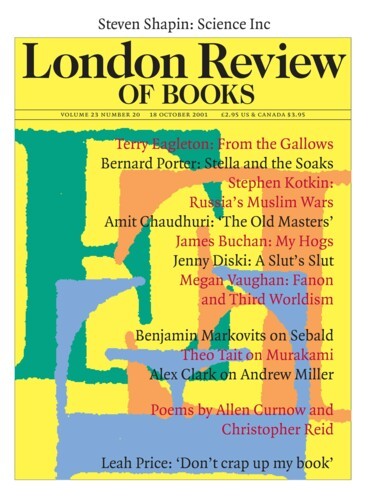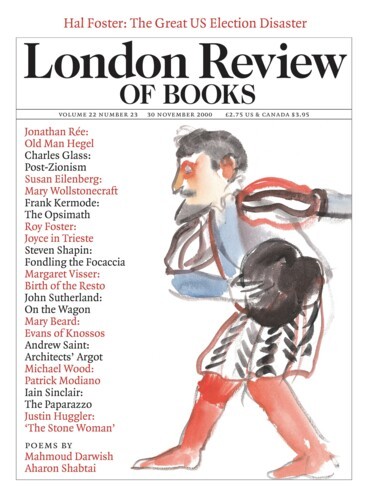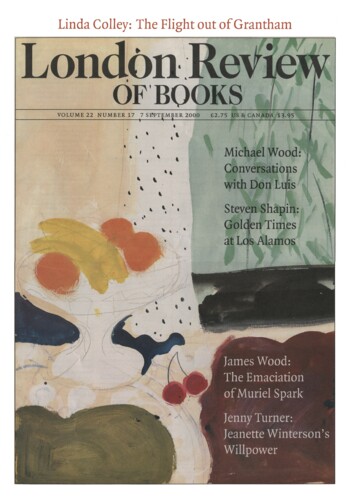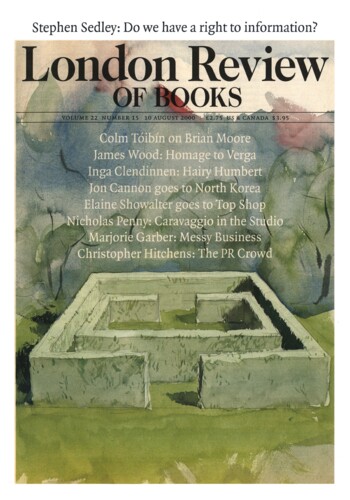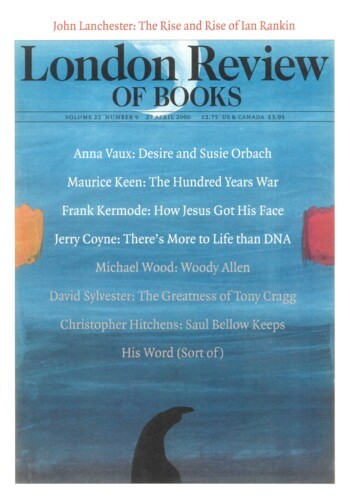Physicians have historically walked a fine line between expertise and common sense, between innovation and tradition. If what they said to their patients was unintelligible, they ran the risk of being ignored. If, on the other hand, it was believed that doctors’ knowledge and advice were little different from common sense, what was the point of listening to them? What doctors know and what they can do have changed enormously over the past centuries. So has lay knowledge about health and disease, and it is a truism that much common sense on these matters is now shaped by the pronouncements of medical expertise. In the part of the culture I inhabit it counts as common knowledge that an LDL-cholesterol level over 160 means that you should go easy on the butter and the beef; that a blood-pressure reading higher than 140/90 is a sign that you’ve got to take some tablets and do something about your way of life; and (if you’re a late middle-aged male) that a Prostate Specific Antigen level of more than 2.5 augurs a biopsy and maybe worse. All this is testimony to the medicalisation of the common culture (especially in the United States), and to a vocabulary shared by modern doctors and their more medically literate patients.
Obesity and Depression in the Enlightenment: The Life and Times of George Cheyne by Anita Guerrini. Physicians have historically walked a fine line between expertise and common sense, between innovation and tradition. If what they said to their patients was unintelligible, they ran the risk of...
